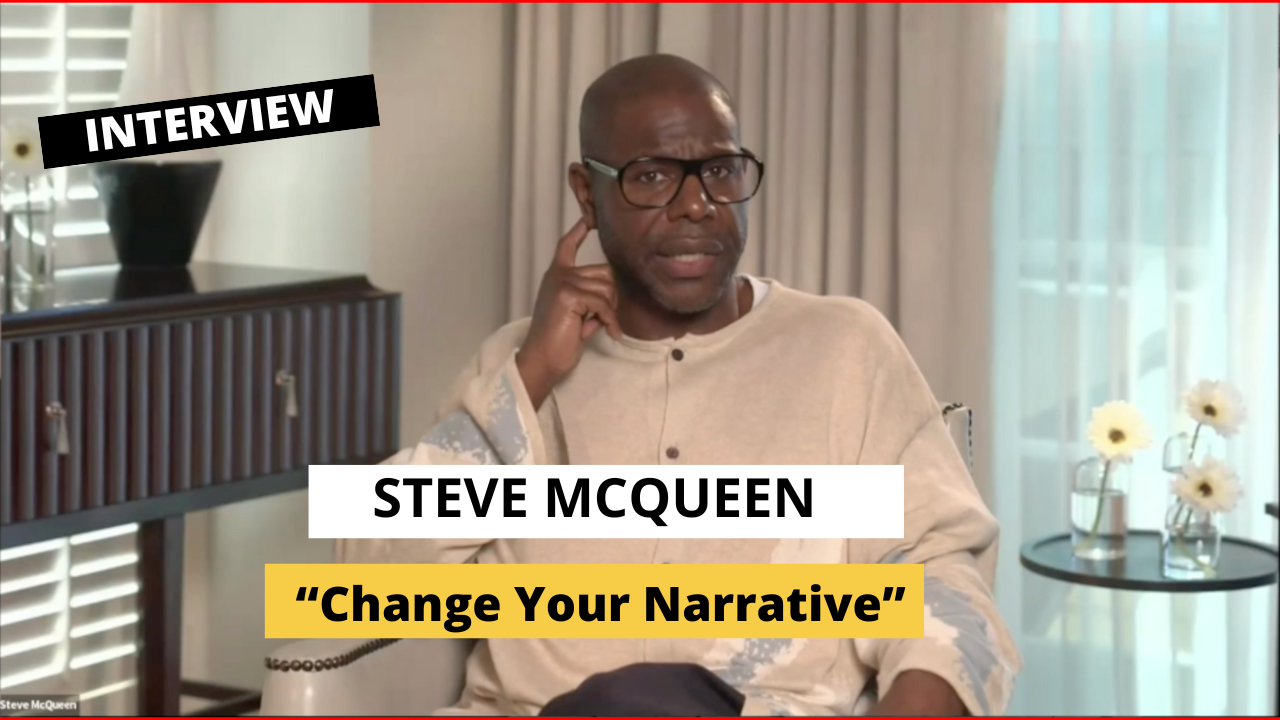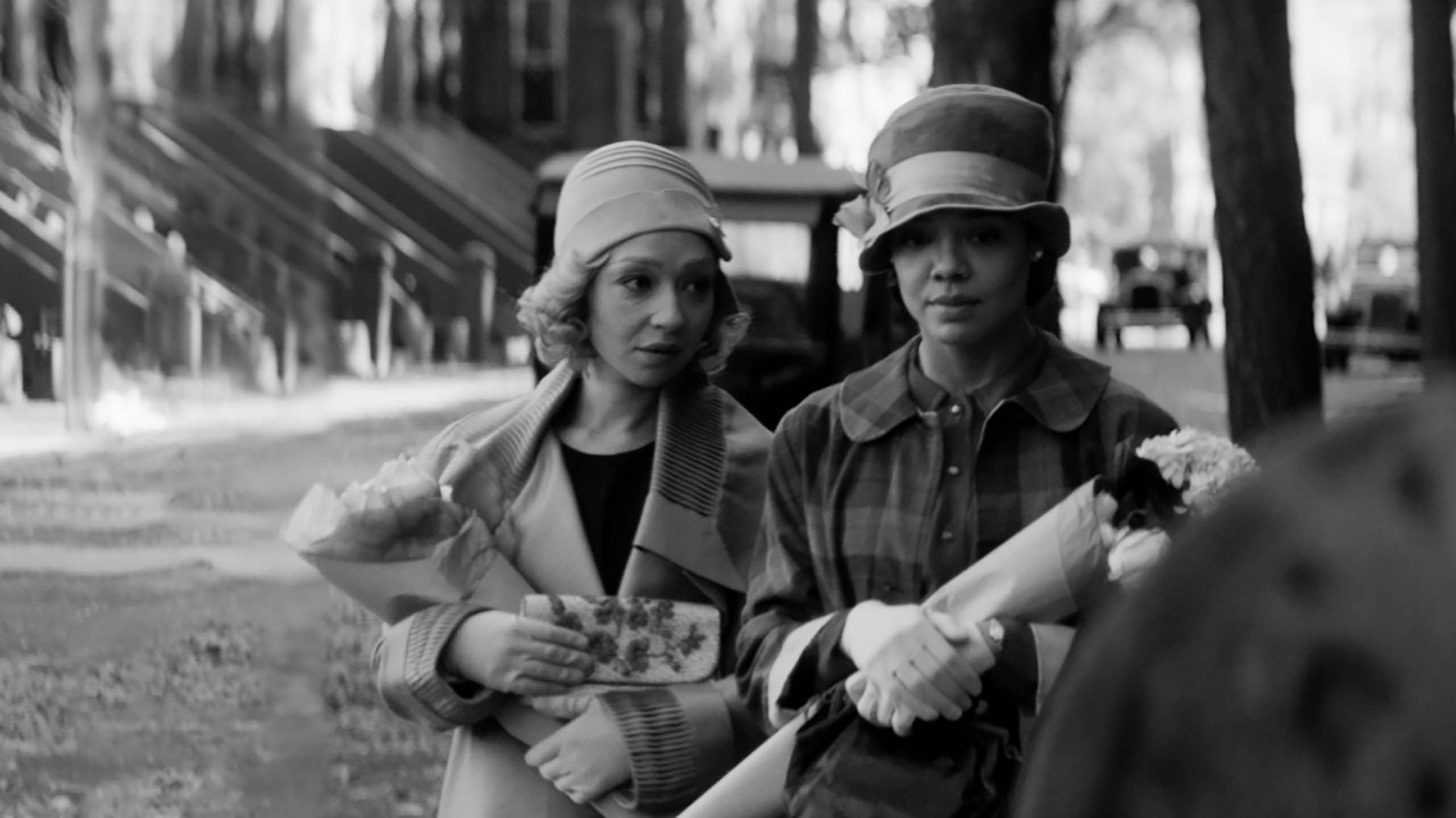The material for Rebecca Hall‘s directorial debut is a subject that is close to her personally. “Passing” is the new Netflix film starring Tessa Thompson and Ruth Negga, examining racial identity, class, and gender politics.
Based on a book by Nella Larsen, it follows the story of two childhood friends (Thompson and Negga) who cross paths later in life. The reunion is complicated because although both are Black, one of them – Negga’s character Clare- has lived her life “passing” as a white woman. The story resonated with Hall – an actress and daughter of stage director and Royal Shakespeare Company founder Peter Hall and opera singer Maria Ewing – who discovered later in life that her maternal grandfather “passed” for most of his life.
Hall, Thompson, and Negga sat down for a roundtable discussion with African-American Film Critics Association (AAFCA) members to discuss the film, the complicated story it brings forward, and what they hope the audience will take away after viewing the film.
I asked Hall if she thought a generation that has come of age witnessing things like “Blackfishing” and the Rachel Dolezal saga could find room in their heart to view this story with empathy.
“I think they will because it’s about context. I think we all accept things that analytically from the outside we assume that we aren’t going to accept. But when the context is right we accept it. Including the constructs of race. There are a lot of different ways to see people, and no one can be reduced to one thing. We know this. But I firmly believe that it was important for me to cast Black women. Not just because we are redressing a cinematic history who has not cast Black women in these roles apart from Freddie Washington in “Imitation of Life,” they have universally cast white women. What is also important to me was to cast a Black woman the audience, especially a young audience has a fixed idea about their identity as Black. Because then I’ve got somewhere to go as a filmmaker. I’m destabilizing their fixed idea of these identities.
And that is far more interesting than playing a game of, “oh well they look white.” That’s not interesting to me. I had to slightly abstract the world so we could play that game. That’s also partially why the film was shot in black and white.
To listen in on the complete conversation check out the AAFCA Roundtable series:
“Passing” debuts on Netflix on October 29.






